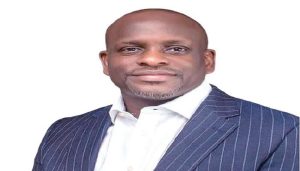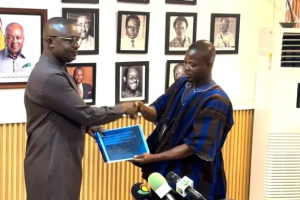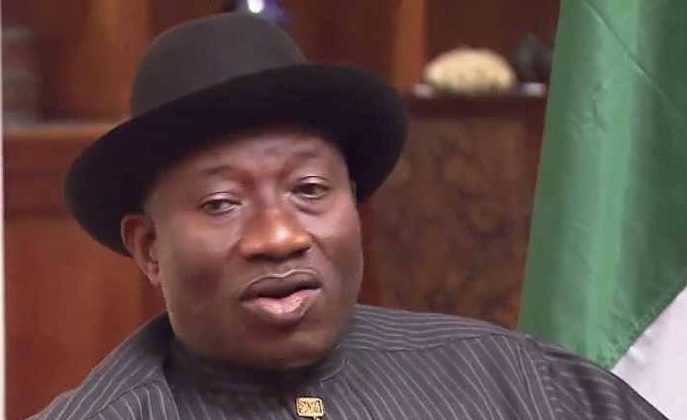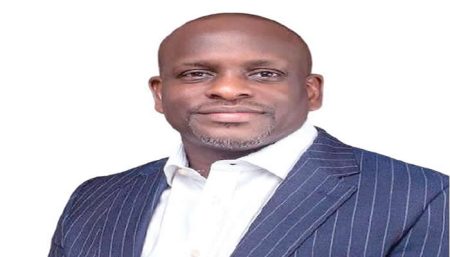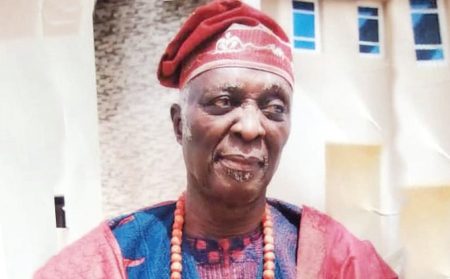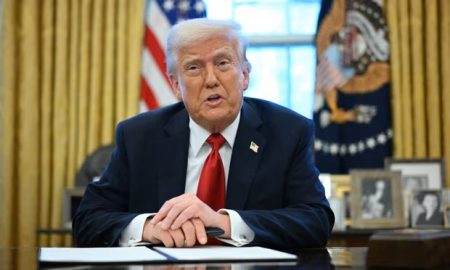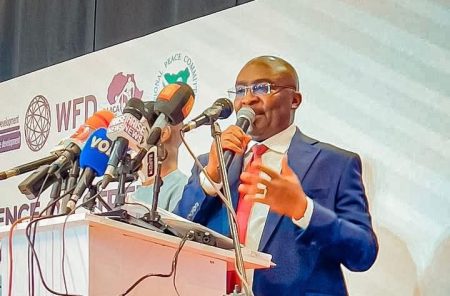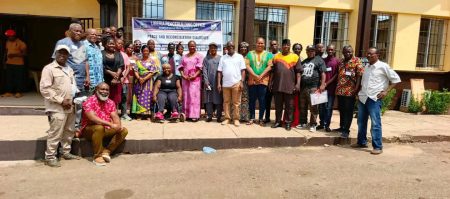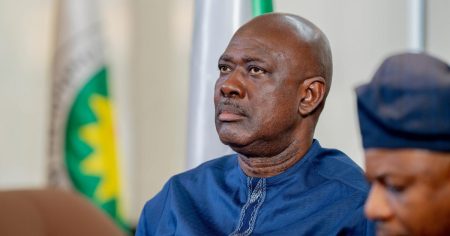Former President Goodluck Jonathan’s concession of defeat in the 2015 Nigerian general elections stands as a monumental act of statesmanship and a pivotal moment for democratic progress in Africa. Ambassador Simeon Uwah, Executive Secretary of the International Supreme Council for Peace Africa, lauded Jonathan’s decision as a beacon of maturity and a crucial lesson for leaders across the continent. Jonathan’s willingness to peacefully relinquish power, despite a fiercely contested election against Muhammadu Buhari, averted potential post-election violence and solidified Nigeria’s democratic standing globally. This singular act, a decade ago, continues to resonate as a powerful example of prioritizing national stability and peace over personal ambition.
The 2015 Nigerian election was a closely watched event, with the potential for significant unrest. Jonathan’s preemptive phone call to Buhari, congratulating him on his victory, transcended mere sportsmanship; it was a deliberate and strategic move to diffuse tensions and prevent the eruption of violence. In a region often marred by post-election disputes and power struggles, Jonathan’s actions were a stark departure from the norm. His decision not only saved lives but also reinforced the integrity of the electoral process, demonstrating a commitment to democratic principles that resonated far beyond Nigeria’s borders.
The ambassador emphasized the significance of Jonathan’s actions in the context of Africa’s ongoing struggles with political instability. Numerous countries across the continent have faced military coups, disputed elections, and the erosion of democratic institutions. The ambassador highlighted the imperative for leaders to prioritize patriotic and democratic leadership, drawing a direct correlation between Jonathan’s peaceful transition of power and the prevention of greater challenges. Jonathan’s approach serves as a blueprint for governance and reform, offering a tangible example of how to navigate complex political transitions peacefully and effectively.
Ambassador Uwah advocated for the institutionalization of Jonathan’s example within African governance structures. He called upon organizations like the African Union and the Economic Community of West African States (ECOWAS) to establish robust frameworks promoting peaceful handovers and leadership transitions. These frameworks should serve as democratic standards, safeguarding against the collapse of democratic systems. The ambassador stressed the importance of collaborative, rather than adversarial, political transitions, emphasizing bipartisanship and national reconciliation as core tenets of effective governance.
To ensure the longevity of democratic values, Uwah proposed integrating Jonathan’s actions into leadership training programs across Africa. By presenting this pivotal moment as a case study, aspiring and current leaders can learn from Jonathan’s example and internalize the importance of prioritizing peace and stability over personal ambition. This educational approach can cultivate a culture of respect for democratic processes and foster a commitment to peaceful transitions of power.
Ultimately, Jonathan’s legacy extends beyond the 2015 election; it represents a powerful statement about the potential for democratic progress in Africa. His now-famous words, “My ambition is not worth the blood of any Nigerian,” encapsulate the essence of his decision and provide a guiding principle for leaders across the continent. By adopting this mindset – not just rhetorically, but in practice – African leaders can contribute to a future where political transitions are marked by peace, stability, and a genuine commitment to the well-being of their citizens. Jonathan’s act of selflessness serves as a powerful reminder that true leadership lies in prioritizing the greater good above all else.


